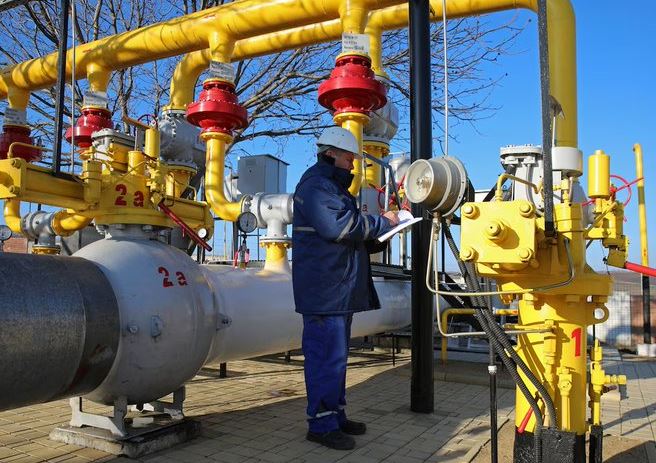CHISINAU: Amid escalating concerns over energy security, Moldova’s parliament has voted to declare a state of emergency in the energy sector, effective from December 16. This decision, which comes in the wake of looming threats to gas supply from Russia, was approved by 56 members in the 101-seat chamber, reflecting a significant majority in support of the measure.
The catalyst for this emergency declaration is the anticipated cessation of Russian gas supplies starting January 1, 2025. Moldova, heavily dependent on Russian gas for both its households and industries, faces a critical challenge as its current gas transit deal through Ukraine is set to expire. The situation is particularly acute for Transdniestria, Moldova’s breakaway region, which relies entirely on Russian gas for its energy needs.
Also Read: Russia On The Brink Of Capturing Key Ukrainian City
Prime Minister Dorin Recean has been vocal about the urgency of this situation, urging parliament to act swiftly to safeguard the nation’s energy security. “This winter must be the last in the country’s history when we can be subject to energy blackmail,” Recean stated, emphasizing the strategic importance of securing alternative supply routes and sources to prevent a humanitarian crisis in Transdniestria and to maintain stability in Moldova’s electricity sector.
The state of emergency allows the government to enact a series of measures aimed at ensuring continuous gas supply. This includes the ability to prioritize gas distribution, possibly redirecting supplies from industries to residential areas, and seeking alternative gas sources from European partners. Moldova has been in talks to explore gas transit through Turkey, Bulgaria, and Romania as potential alternatives to the existing Russian supply route. However, the feasibility of these alternatives hinges on complex negotiations and infrastructure adjustments.
The government’s strategy also involves addressing the historical debt claimed by Gazprom, Russia’s state-controlled gas company, which has been a point of contention. Moldova acknowledges a smaller debt than what Gazprom claims, adding another layer of complexity to the negotiations.
This emergency declaration not only signifies Moldova’s proactive stance against potential energy disruptions but also highlights the geopolitical tensions in the region, where energy has often been used as a tool of influence. The move underscores Moldova’s commitment to securing its energy independence and resilience against external pressures, particularly in the context of its ongoing efforts to align more closely with European standards and policies.



